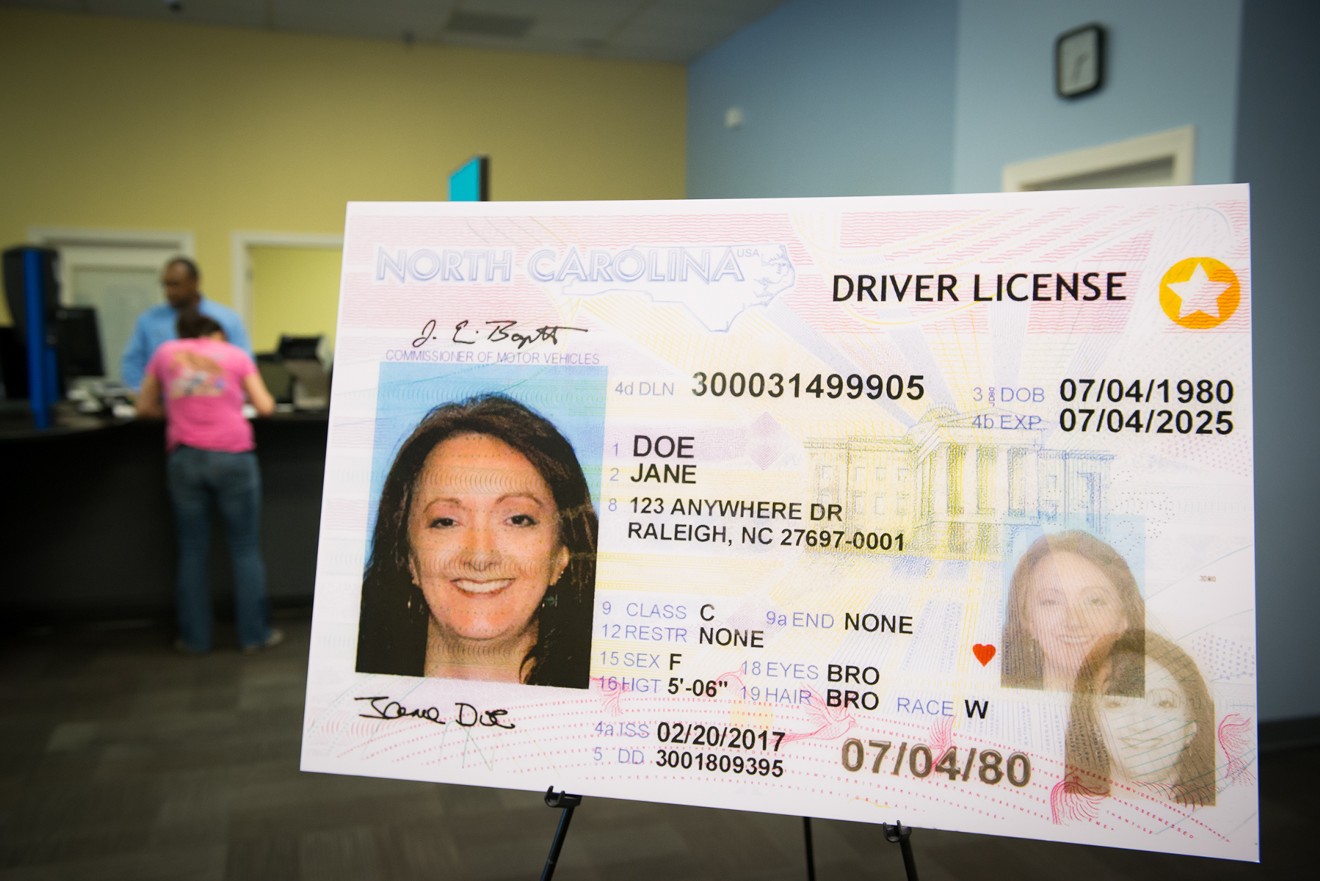When people don't have a government-issued identification card, they may have trouble accessing necessary services, including COVID testing and vaccinations.
But now, Miami-Dade County is one step closer to providing county-approved community ID cards to undocumented residents, minors, formerly incarcerated people, those in the process of a gender transition, and others who have difficulty acquiring official forms of identification. During a Wednesday meeting, county commissioners voted 12-1 in favor of the idea.
"I represent a community, particularly in east Little Havana, where half of the residents are non-citizens," Commissioner Eileen Higgins said during the meeting. "And that area of my district remains behind in vaccines."
The next step is for Miami-Dade County Mayor Daniella Levine Cava's administration to outline how the program will be rolled out. The commission will vote again when Cava returns with a plan in about two months.
According to Higgins, who sponsored the legislation, all Miami-Dade residents would be eligible to apply for community IDs. The ID cards would provide county residents with photo identification that they could use locally to access government services, open accounts with a credit union, do business at a check-cashing store, or provide as identification in an emergency.
For privacy reasons, the IDs would be administered by a community-based organization rather than by the county. The identities of people with community IDs would not enter the public record.
Commissioner Joe Martinez cast the only vote against the program. He and some other commissioners expressed concern that the ID cards might be used fraudulently. And Martinez said he opposed the idea of creating a separate layer of privacy for people with community IDs.
"Why protect this particular group?" Martinez said at the meeting.
Commissioners also had questions about what type of personal information would be included on community ID cards and how a person seeking an ID would prove that they are who they say they are. Cava said those details will be ironed out and presented to the commission within 60 days.
Miami-Dade previously tried to implement a local ID program in 2015, when commissioners voted to approve a measure asking then-Mayor Carlos A. Giménez to issue a report about the feasibility of creating a municipal ID program.
But there's a difference between municipal IDs and the community IDs commissioners voted to approve: The former are issued and administered by cities or counties, while the latter are managed by a nonprofit or community-based organization.
The report commissioners asked for in 2015 took about four years to complete and ultimately concluded that municipal IDs would raise major privacy concerns. It concluded that if an ID program is maintained by a city or county government, a list of ID holders would be subject to public-records requests — a worrisome prospect for advocates who said that a list of undocumented people could land in the hands of Immigration and Customs Enforcement or groups with anti-immigrant sentiments.
"By creating a local municipal ID program, a record of cardholders' identity is inevitable," the report stated. "Some municipalities have faced challenges regarding the privacy and identity of cardholders."
Cava proposed a community ID program when she was a commissioner in late 2019, but the measure died in committee. When Cava was elected mayor, Higgins picked up the torch.
[
{
"name": "Air - MediumRectangle - Inline Content - Mobile Display Size",
"component": "19274298",
"insertPoint": "2",
"requiredCountToDisplay": "2"
},{
"name": "Editor Picks",
"component": "17482312",
"insertPoint": "4",
"requiredCountToDisplay": "1"
},{
"name": "Inline Links",
"component": "18711090",
"insertPoint": "8th",
"startingPoint": 8,
"requiredCountToDisplay": "7",
"maxInsertions": 25
},{
"name": "Air - MediumRectangle - Combo - Inline Content",
"component": "17482310",
"insertPoint": "8th",
"startingPoint": 8,
"requiredCountToDisplay": "7",
"maxInsertions": 25
},{
"name": "Inline Links",
"component": "18711090",
"insertPoint": "8th",
"startingPoint": 12,
"requiredCountToDisplay": "11",
"maxInsertions": 25
},{
"name": "Air - Leaderboard Tower - Combo - Inline Content",
"component": "17482313",
"insertPoint": "8th",
"startingPoint": 12,
"requiredCountToDisplay": "11",
"maxInsertions": 25
}
]












